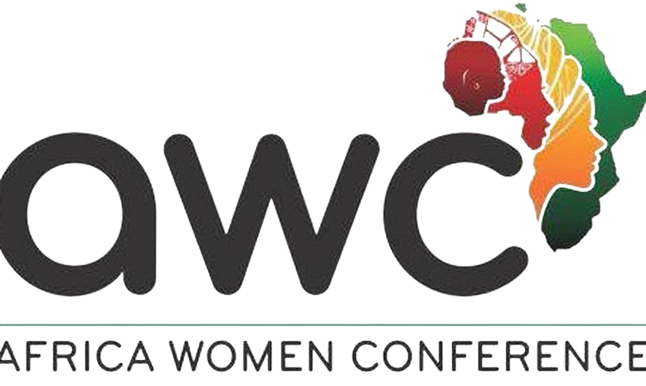Innovative Technology and the Future of Women in Africa
AUTHORED BY: Engr. Dr. Mrs. Omolola Oluwadara
African women have always been the heartbeat of innovation, preserving and advancing indigenous technologies such as intercropping, natural soil enrichment, herbal medicine, textile weaving, and food preservation. These practices reflect women’s roles as nurturers and custodians of community wisdom, sustaining resilience and passing knowledge across generations. Women’s ability to adapt and transmit innovations ensures a living legacy of growth and sustainable development. I see engineering not only as technical work but as a deeply social endeavor: it is about creating solutions that generate employment, foster inclusive growth, and uplift those facing societal or structural barriers, echoing the traditional role of women in nurturing both families and communities.
Today, women constitute nearly 30% of Africa’s technology workforce, slightly above the global average, and almost half of STEM graduates on the continent are women, the highest proportion worldwide. Yet leadership and entrepreneurial representation remains low, with fewer than 12% of tech leadership roles and only 10% of startup CEOs held by women. Female-led startups captured just 1% of Africa’s $2.1 billion tech funding in 2024, highlighting persistent barriers. Women with disabilities face additional challenges, including limited access to technology, funding gaps, and societal stigma. Traditional knowledge in natural dyeing, herbal remedies, sustainable food processing, and weaving holds immense potential. By combining these ancestral skills with modern science, digital tools, and emerging technologies such as AI, blockchain, and renewable energy, women can transform cultural practices into thriving industries that honor heritage while driving economic resilience.
Education and mentorship are central to this transformation. Programs such as Nigeria’s She Leads Africa, Rwanda’s Girls in ICT, and the African Union’s African Girls Can Code equip young women, including those with disabilities, with STEM expertise and digital skills. As a lecturer and mentor, I witness daily how empowering women with knowledge fuels confidence, creativity, and their ability to solve complex problems compassionately. AI applications improve healthcare delivery for rural women; blockchain fosters transparency and trust in female-led enterprises; and renewable energy enables off-grid entrepreneurs to build climate-resilient livelihoods. Together, these initiatives demonstrate how the synergy of knowledge, care, and cutting-edge technology can propel Africa’s sustainable development.
Furthermore, despite of these opportunities, cultural norms, systemic bias, and unequal access to funding continue to limit women’s full participation. Governments, civil society, and the private sector must prioritize inclusive policies, equitable infrastructure, targeted funding, and mentorship programs to unlock women’s full potential. The theme of this conference, “Legacy Meets Innovation: Women Forging New Pathways for Africa’s Sustainable Development,” perfectly captures this vision. African women, as custodians of knowledge, resilience, and community, are shaping innovations that are enduring, inclusive, and transformative. Innovation is important, but we must ensure we uphold the right values as we move this continent forward.
